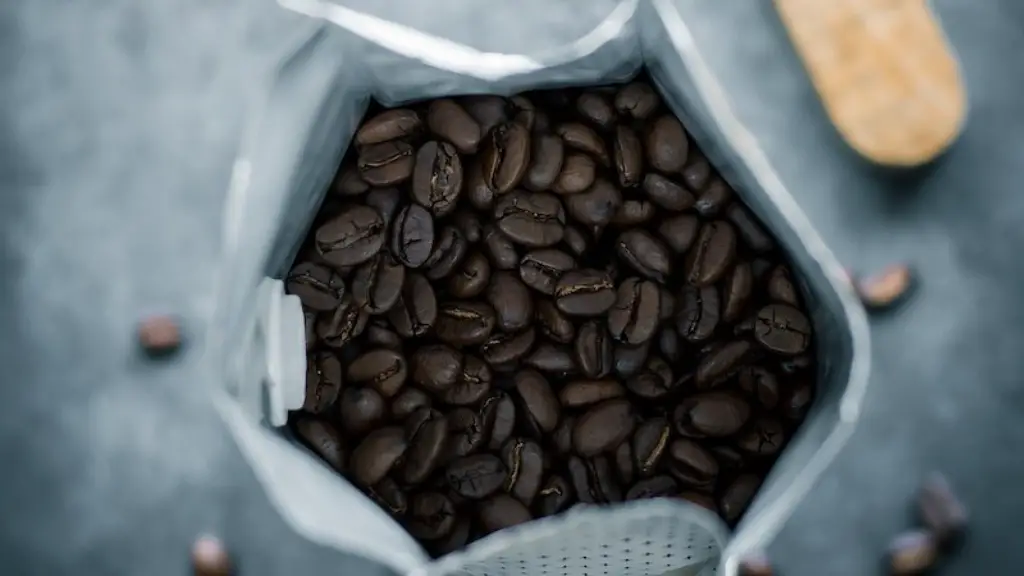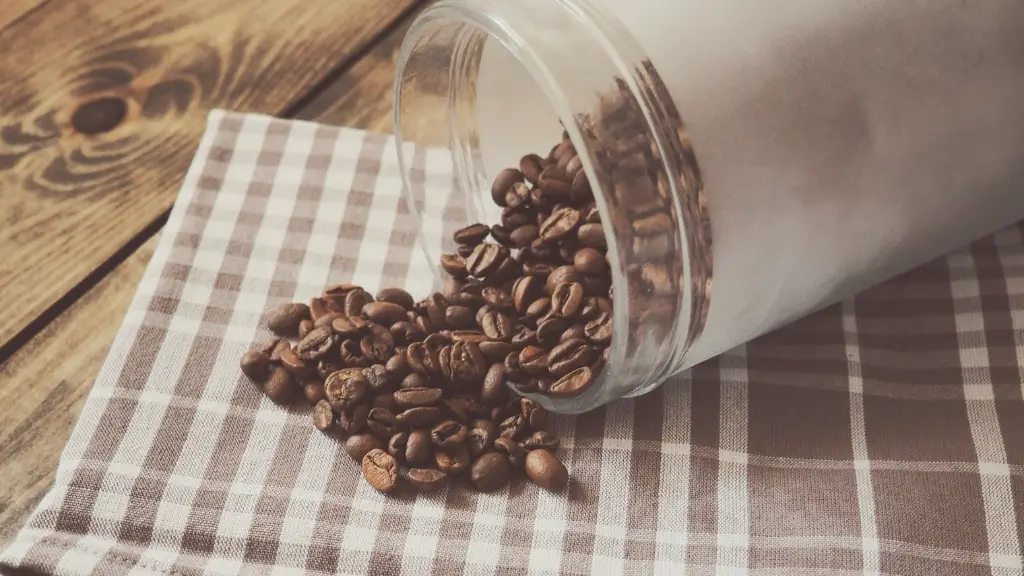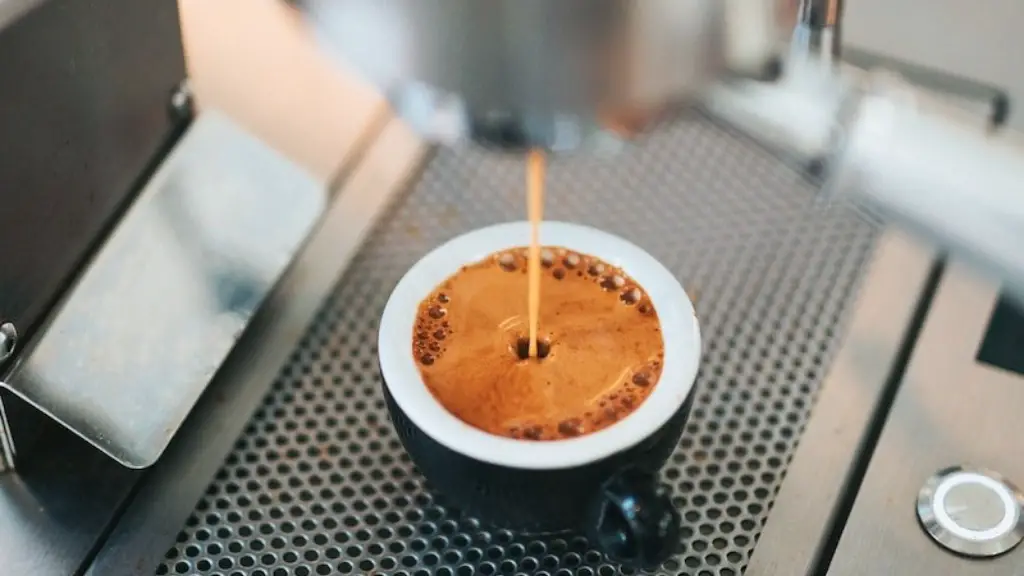Physical Impact
Coffee has become central to many people’s lives, providing the much-needed wake-up call to energize their morning. But when you stop drinking coffee, immediate physical changes are likely to take place — changes which can affect your physical and mental health and performance.
First off, your body will start to detoxify. The over-consumption of caffeine can inhibit the absorption of certain vitamins, like calcium from dairy, as well as of certain minerals, especially iron. As a result, upon ceasing the consumption of caffeine, you may experience several days of withdrawal symptoms, such as headaches, fatigue, diarrhoea, constipation, depression, and even nausea.
When it comes to your energy levels, you may initially experience a decreasing level due to the withdrawal. However, once the detoxification period is over, you should expect to have a more even, steadier energy level throughout the day — instead of experiencing a caffeine crash — as your body will become accustomed to these new energy patterns.
Nutritionist Susan McQuillan, M.S., RDN, believes that over-consuming caffeine can lead to long-term health issues and that it’s not only a matter of cutting back, but of completely stopping the consumption. “When you quit, your body begins to detoxify, increasing the efficiency of the hypothalamus and the adrenals, which can have a beneficial effect on your overall health.”
Other benefits of stopping the consumption of coffee include improved heart health. According to Cardiologist Dr. Alok Sharma, prolonging the consumption of coffee can damage the cells that line your arteries and make them vulnerable to cholesterol. When ceasing the consumption of coffee, this damage can be reversed and arterial health can be improved.
Mental Impact
The mental, psychological, and emotional effects of caffeine intake are a lot more complicated, and research shows that these effects can evolve over time.
At first, especially during the detoxification and withdrawal period, mood swings are likely to take place. Quitting coffee can also lead to higher levels of stress and anxiety, so it’s important to take good care of yourself during this period and practice tasks that help your mental health, such as mindfulness and relaxation.
When you finally overcome the period of withdrawal, you should expect to have more stability in your mental state. Coffee over-consumption has been linked with a decreased ability to concentrate and a need for caffeine in order to stay alert, which is why giving it up could help your concentration.
Along these lines, several studies suggest that over-consumption of coffee has also been linked to an increased level of depressions. So, if you are prone to experience frequent mood changes, then giving up coffee could be beneficial for you.
According to psychotherapist Cynthia W. Lubow, reducing the intake of coffee can help you to become more “attuned to one’s inner experience and feelings,” that come along with addiction or the need of over-consuming substances in order to make it through the day. Practicing yoga and mediation during this period can help you to become in-tune with your feelings and gain more self-awareness.
Effects on Sleep Patterns
Coffee has long been regarded as one of the major culprits behind problems with sleep. Caffeine can impair sleep for up to six hours after drinking it, so it’s no surprise that giving up coffee can help you to sleep more deeply and for longer.
Furthermore, although drinking coffee in the morning can make you feel more energetic and awake, excessive consumption of it can make you feel drowsier as the night progresses, making it harder to sleep or keep sleeping during the night. By giving up coffee and looking for alternatives, such as tea, or eating more healthy snacks packed with energy-producing nutrients, you can stay more comfortable and alert throughout the day.
Social Impact
Socializing and having coffee together have become a major part of our daily routines and the idea of quitting can seem daunting. However, there are many alternatives to coffee that can make cocktails, coffees, and teas, as well as mock-tails, shakes and smoothies.
By introducing non-alcoholic drinks and alternatives to coffee, social events and gatherings can become more enjoyable and friendlier. In fact, this newly established habit can open up more room for interesting conversations and activities, as well as conversations around healthy lifestyles.
Also, what better way to take care of yourself than by introducing activities such as biking, hiking, and walking with your friends, instead of meeting for a coffee?
Overall Well-Being Impact
As much as you may view coffee as something that helps you out during a stressful day, by quitting, you will likely experience an improved sense of well-being.
In today’s world, being constantly exposed to artificial stimulants such as coffee, it is essential to recharge your body and mind every once in a while, and one of the most efficient ways to do this is by quitting coffee.
Besides, the most important part of giving up coffee is setting realistic goals and expectations and having a healthier approach to life overall. This doesn’t necessarily mean cutting out all caffeinated drink, but it does mean being more mindful with the amounts and types of coffee you drink.
Improved Diet
One of the major benefits of quitting coffee is being able to focus more on your diet and nutrition. Coffee can be packed with sugar and cream, as well as hidden calories, so quitting can drastically improve your overall dietary success.
Furthermore, drinking coffee can actually jeopardize your metabolic health since it increases your insulin sensitivity and leads to fluctuations in blood sugar levels. But once you quit coffee, you can expect to have more stable blood sugar levels and improved metabolic health.
Financial Impact
Finally, aside from the physical and mental advantages, you can also reap a financial benefit. Coffee can be quite expensive, with the average American spending $1,100 annually on coffee.
Quitting coffee is not only good for your health but it can also help you to save money, while at the same time investing in other types of well-being, such as therapeutic activities or regular physical exercise.
Although it is important to stay hydrated, be creative and look for water-based alternatives — looking for alternatives such as smoothies, shakes, fresh juice or tea — not only can help you to save money, but also helps your body to stay hydrated and your mind to stay focused.
Calming Down Caffeine Intake
Although coffee can be a great way of improving focus and productivity, the impacts of over-drinking go beyond productivity and energy.
When it comes to taking in caffeine, reaching balance should be the main goal. Having coffee once or twice a day (preferably before noon) and cutting out coffee on days off work are some of the ways you can use to reduce the amount of coffee you drink.
Starting the day with more energising activities, such as yoga, mediation or outdoor exercise, instead of going for a coffee, can help you feel more energized and efficient, while also enabling you to stay in-tune with your body.
Finding Alternatives
Although giving up coffee can seem difficult and daunting, what really makes the transition possible is to find a healthier and more nutritious alternative.
This alternative could come in the form of superfoods like maca or matcha, or it could be just a matter of focusing on hydration — water is a great way to feel energized in the morning.
Smoothies made from coconut or almond milk and adding superfoods or energy-giving ingredients, such as banana, avocado, or blueberries, can give you the extra energy-boost you need and make the transition completely doable.
The Benefits of Quitting
Ultimately, the decision to quit coffee, or to reduce your intake of it, is entirely personal. However, it is important to take into consideration what positive impacts quitting, or reducing, could have in the long run.
The impacts of giving up coffee — such as improved physical health, mental stability and emotional wellbeing, improved sleep patterns, different social activities, and more financial opportunities — are all beneficial in the long run and it is important to remind yourself of all these potential benefits.
When you are done with the period of detoxification and abstinence, you can look for more mindful and health-friendly approaches to the consumption of coffee, such as looking for alternatives or only drinking decaffeinated coffee.
Saving Money on Caffeine
One of the major benefits of quitting or reducing the consumption of coffee is the financial one. You may not realize it, but, depending on the type of coffee and the place from which it is bought, one can easily spend over a thousand dollars a year on coffee.
That’s why, for those who choose to steer away from coffee, there are several ways to save money on their caffeine intake.
For example, opting for decaffeinated coffee, using organic and locally-sourced products, reusing coffee grounds, avoiding sugar and cream, refusing straws and other disposables, and considering home-made alternatives, such as iced teas or homemade detox juices, are all ways to increase your savings while still fulfilling your caffeine needs.
Healthier Alternatives to Caffeine
Although coffee is the go-to beverage for providing the energy-boost needed to make it through the day, there are other sources of natural energy that don’t rely on stimulants or caffeine-based products.
For example, eating energy-packed snacks, such as nuts, oats, or yogurt, throughout the day, especially before noon, can provide a steady and long-lasting energy source.
Also, superfoods, such as matcha, spirulina, or various types of green supplements can be beneficial for your body and provide the necessary energy-boost.
Besides, focusing on getting quality sleep, practicing mindfulness and relaxation, and engaging in physical activities or sports, such as stretching, yoga or brisk walking, can also provide energy and help to build endurance.
Informing Yourself of Coffee Alternatives
For coffee-lovers who are eager to switch over to a healthier lifestyle but still find themselves tempted by the perks of coffee, informing yourself of the available coffee alternatives can help you make the right choice.
Local herbalists and tea-shops, for example, can offer a variety of blends and tastes, from Tulsi Tea, to various yerba maté flavors, that can easily replace coffee and also provide energy and consolation benefits.
Brewing tea or other coffee alternatives at home can also help you to stay within your budget. There are also coffee-substitutes made from roasted grains, such as barley, rye, and chicory, which can provide coffee-like experiences, but without the caffeine.
Purchasing coffee alternatives made of organic and locally-produced ingredients can help you to not only reduce your coffee intake, but also support your local producers.
Finally, if green-tea is what you’re looking for, opting for a caffeine-free variety will help you reduce the impact of caffeine and increasing the amount of antioxidants you consume.
Experimenting with several of these kinds of coffee alternatives and tea or smoothie recipes can help you to find the perfect caffeine-free alternative for you.



